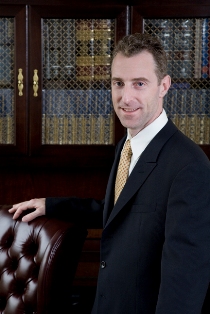 Attorney Pat Barone is a nationally recognized DUI attorney and professor. I highly recommend reading his posts as he is a editor and author of the DWI Journal and posts some very well written technical and timely blog posts. In his latest post entitled Will Technology End Drunk Driving? He raises some very important questions involving the evolution of technology and its implementation in society.
Attorney Pat Barone is a nationally recognized DUI attorney and professor. I highly recommend reading his posts as he is a editor and author of the DWI Journal and posts some very well written technical and timely blog posts. In his latest post entitled Will Technology End Drunk Driving? He raises some very important questions involving the evolution of technology and its implementation in society.
He writes:
As fast as technology has moved in the past 20 years it’s a wonder it’s even possible to drive drunk today. One would think that governments everywhere would have required car manufacturers to install something in cars that would disable them if the driver was drunk.
He identifies that the current wide spread technology of interlock devices which are built on fuel cell technology are totally inaccurate as they are not specific as to alcohol.
Then he next examines the developing technology of Raman Spectoscopy.
He points to the following:
For example, one such company is well on the road to implementing a fascinating new device that may perhaps represent the next generation of body alcohol measuring devices.
The name of the company is TruTouch Technologies, Inc., a company based out of Albuquerque, New Mexico is a spin-off of InLight Solutions, Inc. They have developed a non-invasive, purportedly simple to use machine which can determine an individual’s bodily alcohol concentration using Near Infrared (NIR) Spectroscopy.
The device, which they call “The TrueTouch 1100” is about the size of two shoe boxes placed end-to-end and looks a bit like a standard grocery store cash register. In order to measure BAC, the driver need only be directed to place his or her arm across a cradle located on the top of the device. Using NIR spectroscopy, the device measures BAC by shining a light into the driver’s arm then measuring the reflected light.
We will see. All that I know is that over the course of human history for every technological advance that comes forward that prevents someone from trying to do something, there is likely someone working equally as hard, if not harder, to overcome that latest piece of technology. There will likely be no end to drunk driving, no matter what we do. Perhaps that is because we are framing this all wrong. Maybe what we, as a society, should seek is a way to ensure fair detection and a fair prosecution of those who violate the law where there are no false positives and the error rate is as near zero as possible. It is highly unlikely that any single device will lead to the end of DUI, but an end to false conviction for DUI can perhaps be an achievable goal.